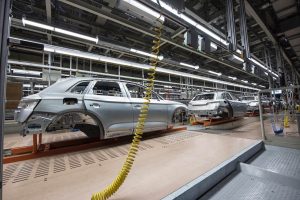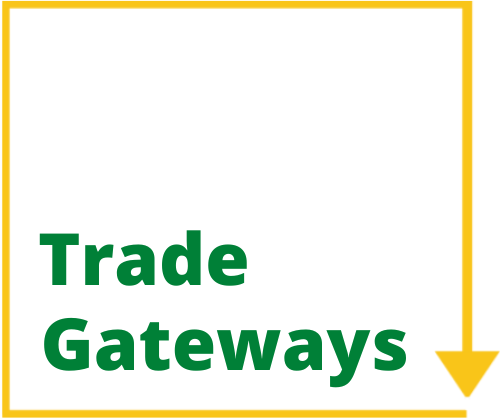
Automakers, battery cell makers and equipment manufacturers are increasingly getting involved in the critical minerals value to secure supplies, according to the International Energy Agency (IEA).
The IEA explained that while the battery industry’s procurement strategies have focused on “long-term offtake agreements”, players in the supply chain are taking steps to invest directly in producers to ensure access to supplies, it said in its Critical Minerals Market Review 2023.
There has been a “noticeable mismatch” in the pace of developments within the EV supply chain, it said. While the industry is witnessing a surge in announcements to build new battery factories, this has led to concerns about the availability of raw material supplies, prompting major market players to explore different financial and sourcing strategies.
“Worries about security of supply tend to push industry procurement strategies towards long-term offtake agreements – binding agreements to purchase a certain quantity of critical minerals over an extended period,” it said.
However, automakers are increasingly “taking an extra step” to invest huge sums into mining and refining key materials on the belief “that acquiring a stake will enable a stronger control over the critical minerals supply, help safeguard their production pipeline and mitigate exposure to market risks in the longer term.”
It noted General Motors has announced a new investment of $650m in Lithium Americas to develop Nevada’s Thacker Pass lithium mining project, while Stellantis acquired a 8% stake worth $52m in Vulcan Energy, an Australian-German lithium startup.
The report comes as Volkswagen, Stellantis and General Motors agreed to back a $1bn deal by ACG Acquisition Company to acquire two mines in Brazil that produce nickel and copper used in EVs.
Stellantis and Glencore have both agreed to invest $100m into the acquisition, while PowerCo, a wholly owned subsidiary of Volkswagen, made a $100m nickel prepayment.
Glencore has agreed to turn the nickel and copper from the mines into battery-grade material at processing facilities in Western Europe and North America which would then qualify for subsidies in the US and Europe.
ACG said the mines “provide security of supply, full supply-chain accountability and low carbon emissions products to western EV manufacturers and other industrial customers. For investors, it offers exposure to long-term demand generated by the global energy transition… Its clear strategic focus is on the western electric vehicle supply chain.”
The mines run on hydropower, granting it a “leading carbon footprint and ESG characteristics”, ACG said.
ACG CEO Artem Volynets said he hopes the firm will become “the green metals supplier of choice to western EV automakers”.
